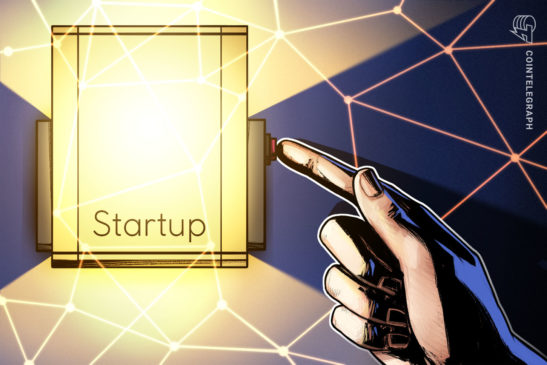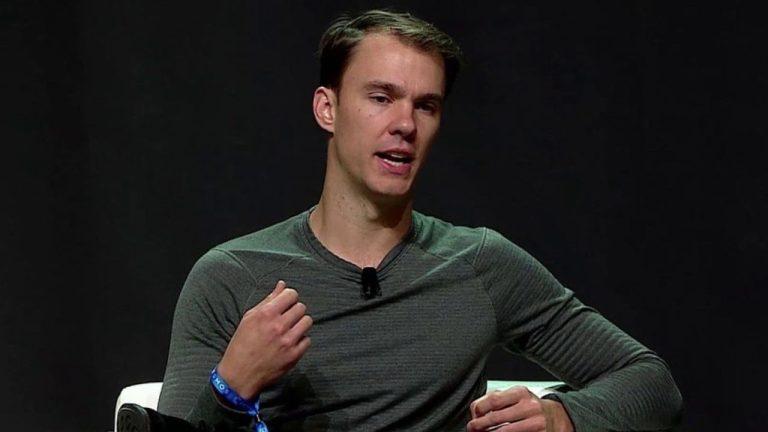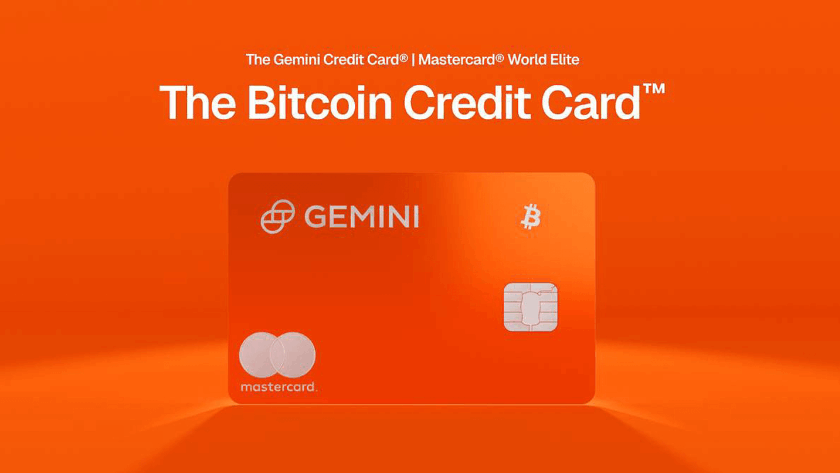Recently, the venture arms of corporate giants Volvo and Total invested in blockchain traceability startup Circulor that helps reduce child labor in Africa and aspires to work with Tesla, GM and Ford.
Prior to an investment by its venture arm, Volvo was testing Circulor’s platform for over a year. The startup was helping the carmaker to verify the origins of cobalt used in its batteries. Cobalt, as is with many other raw materials, is not always ethically sourced. Circulor is also tracking the origins of another important raw material for car manufacturing, mica, which is used for insulation.
Buy mica from Madagascar or Russia?
Circulor CEO Doug Johnson-Poensgen discussed these issues with Cointelegraph:
“The problem with mica is that just like cobalt, it’s got a whole plethora of charges around responsible sourcing like child labor, this time in Madagascar. So responsibly sourced mica comes from places like Russia, which is where we’re tracking it from. Yet you get stuff much more cheaply from Madagascar that’s dug up by kids in working conditions which were appalling. And clearly, those are unacceptable risks for a responsible car manufacturer.”
The investment will help Circulor improve its machine learning algorithms. The company is trying to train it so it will be able to distinguish between children and adults. Then, it would be able to use aerial imagery to determine whether a company employs children in its mining operations.
Electric cars have a bigger CO2 footprint
Another important use case for Circulor is tracking the carbon footprint of car manufacturing throughout the supply chain. Ironically, according to Johnson, the carbon footprint of an electric car manufacturer is much higher than a fuel-powered one and the battery accounts for more than half of it:
“Of course, the carbon footprint between a normal car and an electric vehicle even out. But the purpose of trying to attribute carbon is to enable the car manufacturer to better engage the supply chain in order to procure sustainably alongside price and quality. That’s why the press release from Volvo also talks about CO2, because it starts with a chain of custody of materials.”
Prejudice against public blockchains
After originally prototyping its solution on Ethereum (ETH), Circular switched to Hyperledger Fabric. Johnson explains that, at least partially, the switch was made because of the prejudice that existed in the corporate world against public blockchains:
“The reason we went with a private permissioned blockchain was partly because of prejudice by our target customers who are not used to transparency in supply chains, who have commercial sensitivities to consider between their relationship with their customers. And many of the potential customers we were speaking to certainly two and a half years ago or so, just didn’t see how a public blockchain could be configured in a way that would maintain their commercial confidentiality.”
He admits the possibility that in the next few years many of the first-generation solutions might have to be rebuilt on public blockchains. And even while using permissioned blockchains, Johnson believes that interoperability is the key as no single solution will prevail throughout the automotive industry.
Expanding to Tesla, Ford & GM
When asked whether Circulor has plans to expand its clientele to Tesla, Ford or GM, Johnson replied:
“The short answer is all of that is yes, we have. So those car manufacturers that you’ve just named will be buying batteries from the sort of battery manufacturers we’re working with. We’re just about to start onboarding to other battery manufacturers. And we have a number of battery factories who have approached us because they know about the work that we’re doing.”
As the world is becoming more aware of the ethical dilemmas involved in manufacturing, Tesla has become the most valuable car manufacturer in the world.




